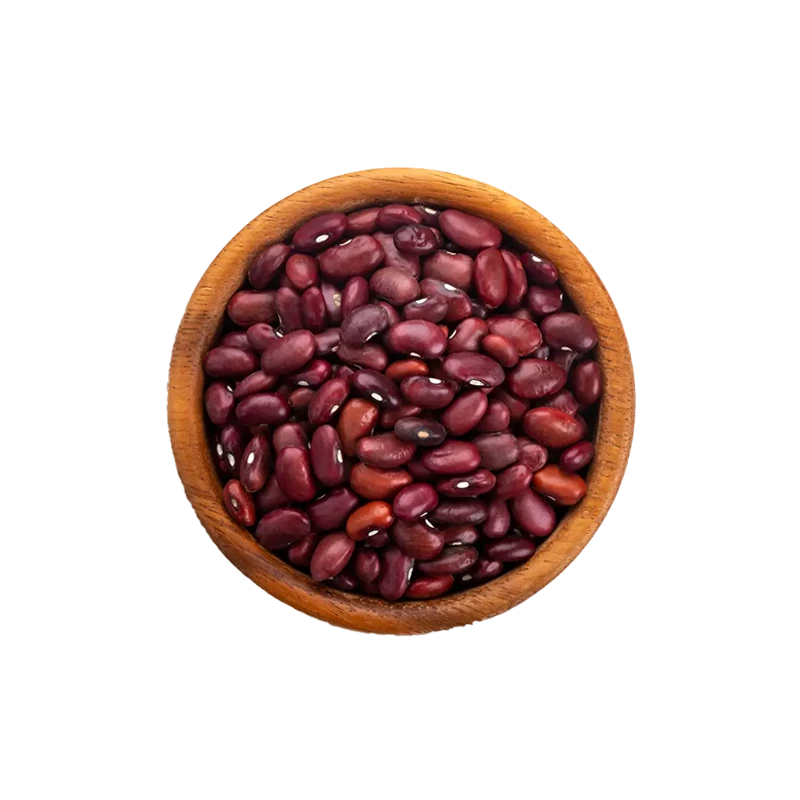Hamburgers — Nutrients, Health Benefits, And Shopping Tips

Written by Listonic Team
Last update on September 4, 2024
Nutrition facts
Nutrition facts
Amount per 100 g
Calories
🔥 250 kcal
| Nutrition per: 100 g | Value | % Daily Value* |
|---|---|---|
| Carbs | 0 g | - |
| Fiber | 0 g | - |
| Sugars | 0 g | - |
| Glycemic Index | 0 | - |
| Protein | 17 g | 34% |
| Sodium | 72 mg | 3.13% |
| Total Fat | 10 g | 12.82% |
*The % of Daily Value (DV) tells you how much a nutrient in a serving of food contributes to a daily diet. 2,000 calories a day is used for general nutrition advice.
17 g
🧀 Good Protein Content
Did you know?
Health benefits
- High in protein from the beef patty, essential for muscle growth, repair, and overall body function.
- Rich in essential vitamins and minerals such as Vitamin B12, iron, zinc, and selenium, which support energy metabolism, immune function, and overall health.
- Provides healthy fats (depending on the cut of meat), which supply energy and support cell function.
- Versatile and customizable, allowing for the inclusion of various healthy toppings like vegetables, avocado, and whole grain buns.
- Can be part of a balanced diet when paired with healthy sides like salads or grilled vegetables.
Health risks
- High fat content particularly in ground beef patties, which can raise cholesterol levels and increase the risk of heart disease when consumed frequently.
- High sodium content particularly in processed or seasoned hamburger patties, which can contribute to hypertension and increased cardiovascular risks.
- Risk of contamination with harmful bacteria such as E. coli or Salmonella, particularly if the hamburger is not cooked to a safe internal temperature.
- Potential for high calorie content especially when combined with cheese, sauces, and other high-calorie toppings, which can contribute to weight gain if consumed frequently.
How to choose hamburgers
A good hamburger patty should have a rich, brown color and a juicy interior when cooked. The meat should be firm and hold together well during cooking without falling apart.
Avoid patties that are overly greasy or have a bland, mushy texture. A high-quality hamburger should have a robust beef flavor enhanced by its seasonings and grilling method.

How to store hamburgers
Cooked hamburgers should be refrigerated within two hours of cooking. Place them in an airtight container to keep them fresh. Properly stored, cooked hamburgers can last up to three days in the refrigerator.
Leaving cooked hamburgers out can lead to bacterial growth. Avoid reheating them multiple times, as this can dry them out. Consistent refrigeration and proper reheating help maintain their juiciness and flavor.
✅ Extra Tip
How long do they last?
Hamburgers can last for 1-2 days in the refrigerator. For longer storage, cooked hamburgers can be frozen for up to 3-4 months. Proper packaging, such as vacuum-sealing, helps maintain their quality over longer storage periods.
What to do with leftovers?
Leftover hamburgers can be repurposed into a variety of tasty dishes. Crumble the meat and use it as a filling for tacos, burritos, or quesadillas, or mix it into a pasta sauce with tomatoes and garlic for a quick meal. Hamburgers are also great when chopped and added to a stir-fry with vegetables and rice.
Use crumbled hamburgers in a casserole with potatoes, cheese, and vegetables, or mix them into a meatloaf or meatball mixture with breadcrumbs and eggs. If you have a lot of leftover hamburgers, consider making a batch of burger sliders or using the meat in a shepherd’s pie with mashed potatoes on top. Hamburgers can also be added to soups or chili for extra protein and flavor, or used as a topping for nachos or baked potatoes. For a quick snack, reheat burger patties and serve them with a dipping sauce or sliced on top of a salad.
👨⚕️️ Medical disclaimer
Discover products from other categories
Listonic Team
Fact-checked
Our editorial team checked this article to make sure it was accurate at the time of publishing it.
Get the top-rated shopping list app on your phone!







